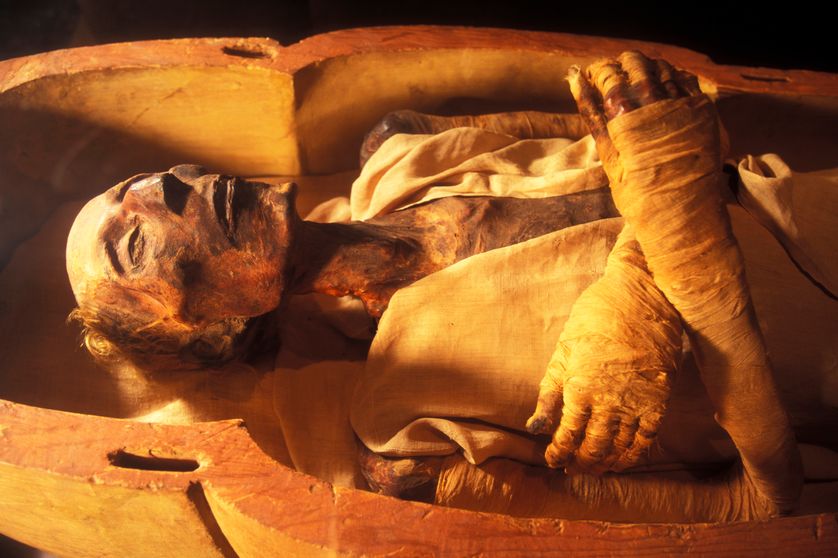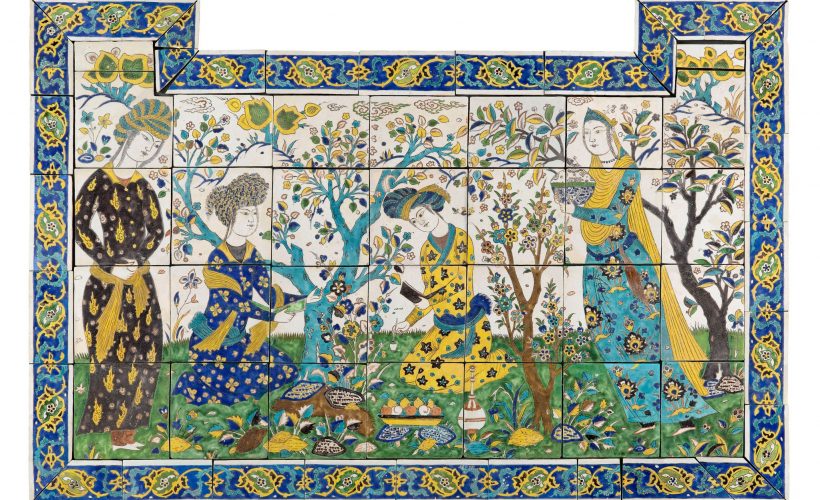History & Heritage
4.29.2022
Onions found in the eye sockets of a pharaonic mummy

The pharaoh Ramses IV, son of Ramses III and Iset was found with onions in his eye sockets. A ritual that owes nothing to chance!
Ramses IV, who became pharaoh at the age of 40, would have reigned for only 7 years, between 1153 and 1146 BC. At his death, his burial took place in the Valley of the Kings before being discovered and exhumed in 1718. Therefore, the mummy of Ramses IV was revealing of unsuspected funeral rituals of ancient Egypt.
Not surprisingly, the pharaoh’s human flesh and tissue had decomposed. However, the astonishment was to find small onions, probably several millennia old, in the hollow of his eyes, assuming that they had been removed from their cavities during mummification.
The medicinal and magical properties of the Egyptian onion
In addition to its use in daily food, the popular belief lends to the onion many medicinal uses, so much so that it became in ancient Egypt a universal means of warding off disease and the evil eye. Moreover, it has antiseptic and deodorizing properties that allow it to be adopted in the rituals of embalming from the XIth pharaonic dynasty, around 2160 BC. The onion is buried in the body and between the strips and the body, especially around the legs of the mummy.

An eternal life thanks to the onion
Onions are also part of the offerings presented to the pharaohs during the night of divination of the deceased. Symbolizing light and purification, onions clean the mouth of the pharaoh during a ritual of opening the mouth, awakening, according to beliefs, his solar heart. The onion then moves to the nostrils of the deceased, allowing him to acquire the new breath of life: rebirth.
As the only plant that grows underground, on the ground and on a stem at the same time, the Egyptian onion has become a metaphor for a link between all levels of the universe. This eternal life gives the pharaohs the chance to continue their existence. This is why it is not uncommon to observe these onions in many mummy tombs!
popular

